Florida has a rich history when it comes to immigration policy, from early regulations to more recent reforms. The state has experienced significant events such as the Mariel Boatlift and the 1986 Immigration Reform and Control Act.
Today, Florida continues to be impacted by immigration policies, particularly under the Trump administration and the Deferred Action for Childhood Arrivals (DACA) program. This article will explore the economic and social impacts of immigration in Florida, as well as the future of immigration policy in the state.
Join us as we delve into the complexities of immigration policy changes and their effects on Florida.
Key Takeaways:
- Immigration policies in Florida have a long history, including the significant impact of the 1986 Immigration Reform and Control Act and the Mariel Boatlift in the 1980s.
- The Trump administration’s policies have had a major effect on immigration in Florida, while the DACA program has provided some relief for undocumented immigrants.
- Immigrants play a vital role in Florida’s economy, but their presence also contributes to challenges such as wage and job competition.
The History of Immigration Policy in Florida
The history of immigration policy in Florida is characterized by the state’s intricate relationship with immigrants. This relationship has been shaped by significant events like early immigration policies, the Mariel Boatlift, and the 1986 Immigration Reform and Control Act. Collectively, these events have had an impact on Florida’s social and economic landscape.
1. Early Immigration Policies
Early immigration policies in Florida were primarily influenced by the state’s labor needs in agriculture and construction industries. In the late 19th and early 20th centuries, sectors such as citrus farming and railroad construction created a demand for labor in Florida.
In response, the state implemented policies to encourage immigration, with a focus on attracting workers from European and Caribbean countries to address labor shortages in critical sectors. This led to significant waves of immigrants coming to Florida, not only bolstering the workforce but also enriching the state’s cultural diversity.
These policies played a crucial role in shaping Florida’s demographic landscape and economic development during that period.
2. The Mariel Boatlift
The Mariel Boatlift of 1980 was a significant event in Florida’s immigration history, bringing over 125,000 Cuban immigrants to the state.
The influx of Cuban immigrants during the Mariel Boatlift had extensive effects on Florida’s immigration policies, local communities, and economy. The sudden arrival of such a large number of individuals placed strains on housing, job markets, and social services in the state.
This event prompted the state government to reassess its immigration procedures and services, leading to changes in how incoming immigrants were processed and supported. The cultural impact of this influx was also profound, reshaping the demographics and enriching the fabric of Florida’s diverse population.
3. The Impact of the 1986 Immigration Reform and Control Act
The 1986 Immigration Reform and Control Act had a notable impact on Florida’s immigration landscape by implementing measures to regulate illegal immigration and offering amnesty to certain undocumented immigrants.
This legislation resulted in a significant change in the legal status of many undocumented individuals in Florida, enabling them to emerge from the shadows and secure work authorization. It established a pathway for these individuals to legalize their status and actively engage in the workforce for the first time.
Consequently, there was a visible rise in the number of immigrants entering various sectors of Florida’s economy, presenting both challenges and opportunities for the state. The Act aimed to strike a balance between enforcement and providing a route to legal status.
The Current State of Immigration Policy in Florida
The immigration policy in Florida is influenced by federal directives, including the strict immigration policies of the Trump Administration and the Deferred Action for Childhood Arrivals (DACA) program, both of which have had significant impacts on the immigrant population.
1. The Effects of the Trump Administration’s Immigration Policies
The immigration policies of the Trump Administration, marked by heightened enforcement and deportation actions, have had a notable impact on immigrant communities in Florida.
These policies have triggered an increase in ICE raids and detentions, creating fear among undocumented immigrants and their families. The firm approach to immigration has led to a rise in deportations, resulting in separations within families and destabilization in communities. The policies have strained the relationships between local law enforcement and immigrant communities, leading to a decrease in trust and collaboration.
The effects of these measures are evident across various sectors, with workplaces encountering labor shortages and schools witnessing decreased attendance rates among immigrant students.
2. The Impact of the Deferred Action for Childhood Arrivals (DACA) Program
The Deferred Action for Childhood Arrivals (DACA) program has offered temporary relief to numerous young undocumented immigrants in Florida, enabling them to work and study without the fear of deportation. This program provides these individuals with the opportunity to pursue their aspirations, contribute to their communities, and create a better future.
However, the DACA program’s future remains uncertain due to ongoing policy debates, causing anxiety for recipients who are uncertain about their long-term prospects in the country.
The political fluctuations add stress to the lives of these youths, who are working towards establishing themselves and making significant contributions to society.
Despite the obstacles, DACA has served as a beacon of hope for many young immigrants in Florida who are seeking an opportunity to fully engage in American life.
The Economic Impact of Immigration in Florida
Immigrants play an important role in Florida’s economy, especially in the agriculture and construction sectors, making significant contributions to the state’s economic growth and labor force.
1. The Role of Immigrants in Florida’s Economy
Immigrants play a significant role in Florida’s economy, offering crucial labor across different sectors and fostering entrepreneurial endeavors. Their varied skills and diligent work ethic are assets in industries like agriculture, tourism, healthcare, and construction.
Immigrants frequently launch businesses that aid in job generation and economic development. Through opening restaurants, shops, and service-oriented establishments, they enhance the state’s business environment and provide opportunities for themselves and the local community.
2. The Impact of Immigration on Wages and Job Opportunities
The impact of immigration on wages and job opportunities in Florida is a multifaceted issue, with studies revealing varied effects on different segments of the labor market.
Some economists argue that immigration can enhance overall economic productivity, potentially leading to an increase in job opportunities. Immigrants filling labor gaps in specific industries may stimulate innovation and specialization, ultimately benefiting the economy.
On the other hand, other studies indicate that a surge in immigrant labor could exert downward pressure on wages for low-skilled native workers, especially in sectors where immigrants are more concentrated. This situation may introduce job competition and could potentially affect the earnings of local workers.
The Social Impact of Immigration in Florida
The social impact of immigration in Florida is multifaceted, as immigrants contribute to the state’s cultural diversity while encountering significant challenges within their communities.
1. The Diversity and Cultural Enrichment Brought by Immigrants
Immigrants in Florida contribute to the state’s cultural diversity, bringing a variety of traditions, cuisines, and artistic expressions.
Their influence is integrated into the state’s identity, enhancing it with a mix of cultural influences. Immigrants bring fresh creativity and innovation to the arts scene, inspiring new forms of expression and storytelling through their unique perspectives and experiences.
In the culinary realm, immigrant chefs introduce a range of flavors and dishes from different parts of the world, shaping a culinary landscape that mirrors Florida’s diverse population. Immigrants also play a significant role in preserving and sharing traditional cultural practices and community festivities, ensuring the continuity of these cultural elements for future generations.
2. The Challenges Faced by Immigrant Communities in Florida
Immigrant communities in Florida encounter various challenges, such as language barriers, discrimination, and restricted access to healthcare and social services.
These obstacles can have a significant effect on their integration into society and their ability to obtain essential resources. Immigrants may face difficulties in communicating effectively and may experience limitations in employment opportunities and community interactions due to insufficient English proficiency.
Additionally, the process of navigating the intricate legal system to establish residency status can be overwhelming, resulting in feelings of uncertainty and fear of deportation.
Limited access to affordable healthcare options and social support systems can further magnify their vulnerabilities, presenting obstacles to thriving in their new environment.
The Future of Immigration Policy in Florida
The future of immigration policy in Florida may see changes, influenced by proposed legislative measures and the state’s involvement in shaping national immigration policies.
1. The Potential Impact of Proposed Immigration Policy Changes
Proposed changes to immigration policy in Florida could have significant repercussions for the state’s immigrant population, affecting everything from legal status to access to services.
These changes might impact not only the individuals directly involved in the immigration process but also ripple out to influence various sectors of the state’s economy. For instance, stricter regulations could lead to labor shortages in certain industries, while more relaxed policies may attract a diverse pool of talent to contribute to the workforce.
Alterations in immigration policies could potentially shape the social fabric of Florida, fostering either a more inclusive and diverse community or a more fragmented and divided environment.
It is essential to consider the wide-ranging implications of any proposed policy shifts on both the lives of immigrants and the overall economic landscape of the state.
2. The Role of Florida in Shaping National Immigration Policies
Florida, due to its unique geographical position, has a significant impact on shaping national immigration policies. It often acts as a trendsetter for broader legislative discussions and trends. The state’s location as a gateway for immigrants from Latin America and the Caribbean influences the national discourse on border security and immigration reform.
Influential political figures like Senator Marco Rubio advocate for comprehensive immigration reform, placing Florida at the forefront of federal policy-making in this area.
Florida’s diverse population and economic interests add layers of complexity to the immigration debate, with differing perspectives on issues such as DACA, asylum seekers, and enforcement measures.
Analyzing Florida’s policies and political landscape can provide valuable insights into the complexities of national immigration dialogues.
Frequently Asked Questions
What is the current immigration policy in Florida?
The current immigration policy in Florida is a mix of federal and state laws. The state has adopted some policies that align with federal regulations, but also has some unique policies specific to Florida.
What are some recent changes to Florida’s immigration policy?
In 2019, Florida passed a bill that requires local law enforcement to cooperate with federal immigration authorities. This means that they must honor detainer requests and hold individuals suspected of being undocumented immigrants for up to 48 hours.
How has immigration policy affected the population of Florida?
Florida has a large immigrant population, with over 4 million immigrants making up 20% of the state’s population. Changes in immigration policy have had a significant impact on the demographics and cultural landscape of the state.
What are the economic effects of immigration policy changes on Florida?
Immigrants make up a significant portion of Florida’s workforce and contribute to the state’s economy. Changes in immigration policy can have both positive and negative effects on job growth, wages, and consumer spending.
How have immigration policy changes affected the education system in Florida?
Many immigrant families have children who attend public schools in Florida. Changes in immigration policy can impact the number of students, funding for schools, and the ability of immigrant students to access education.
What are the potential social consequences of immigration policy changes in Florida?
Immigration policy changes can impact the social fabric of communities in Florida. Changes in enforcement, deportation, and access to services can lead to fear, division, and discrimination towards immigrant communities.


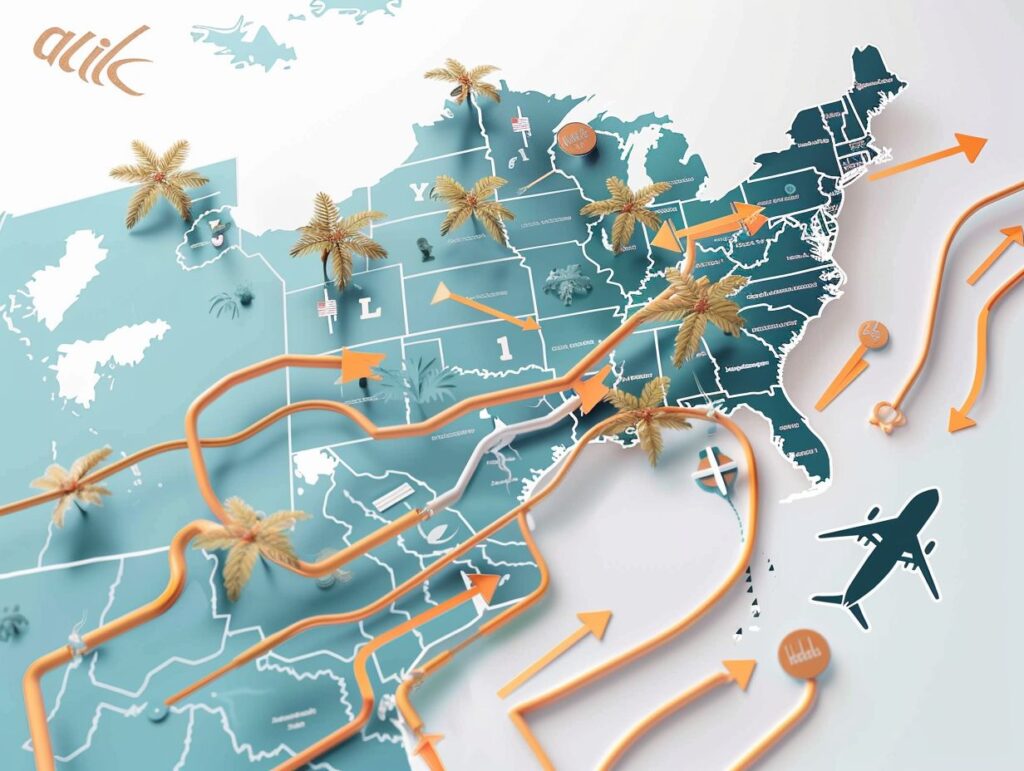
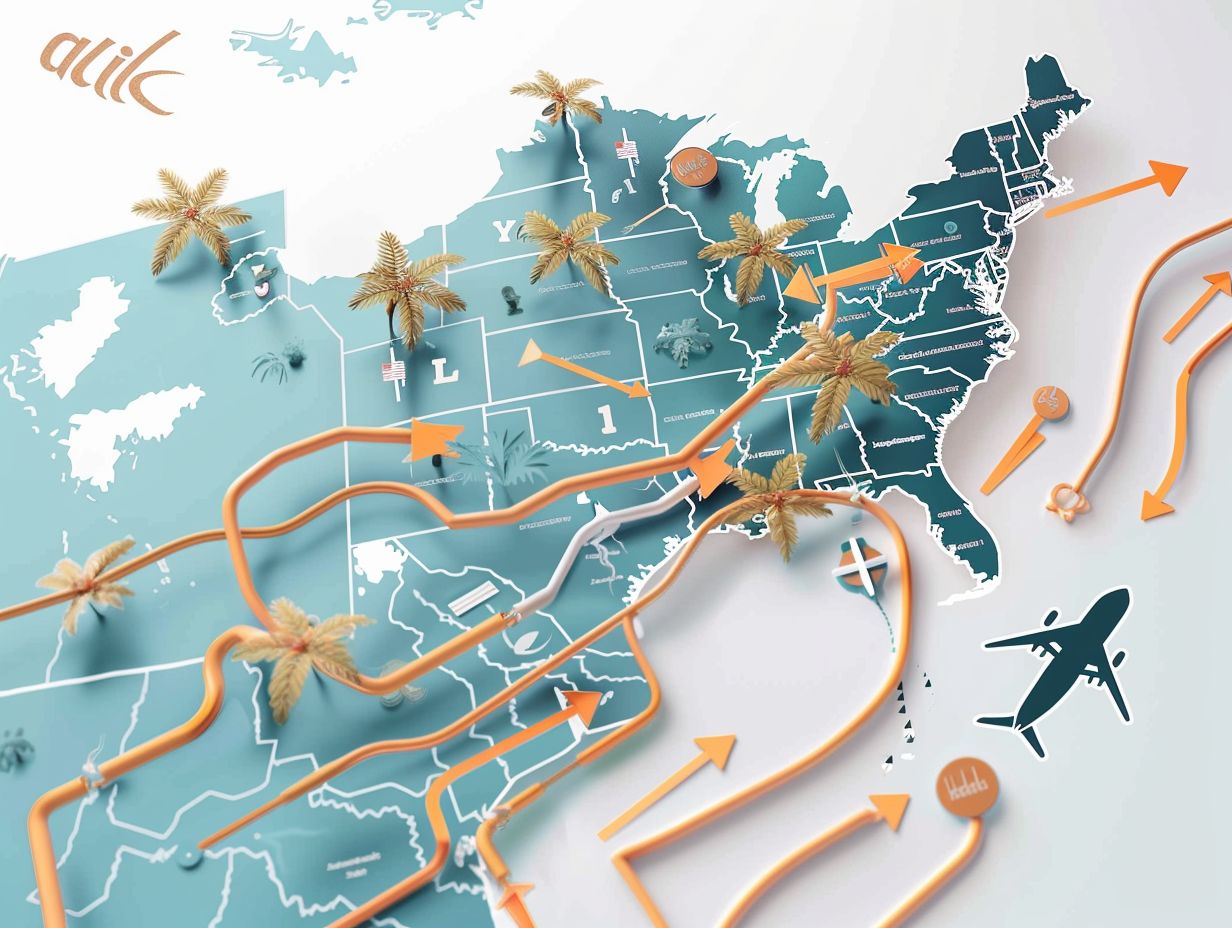
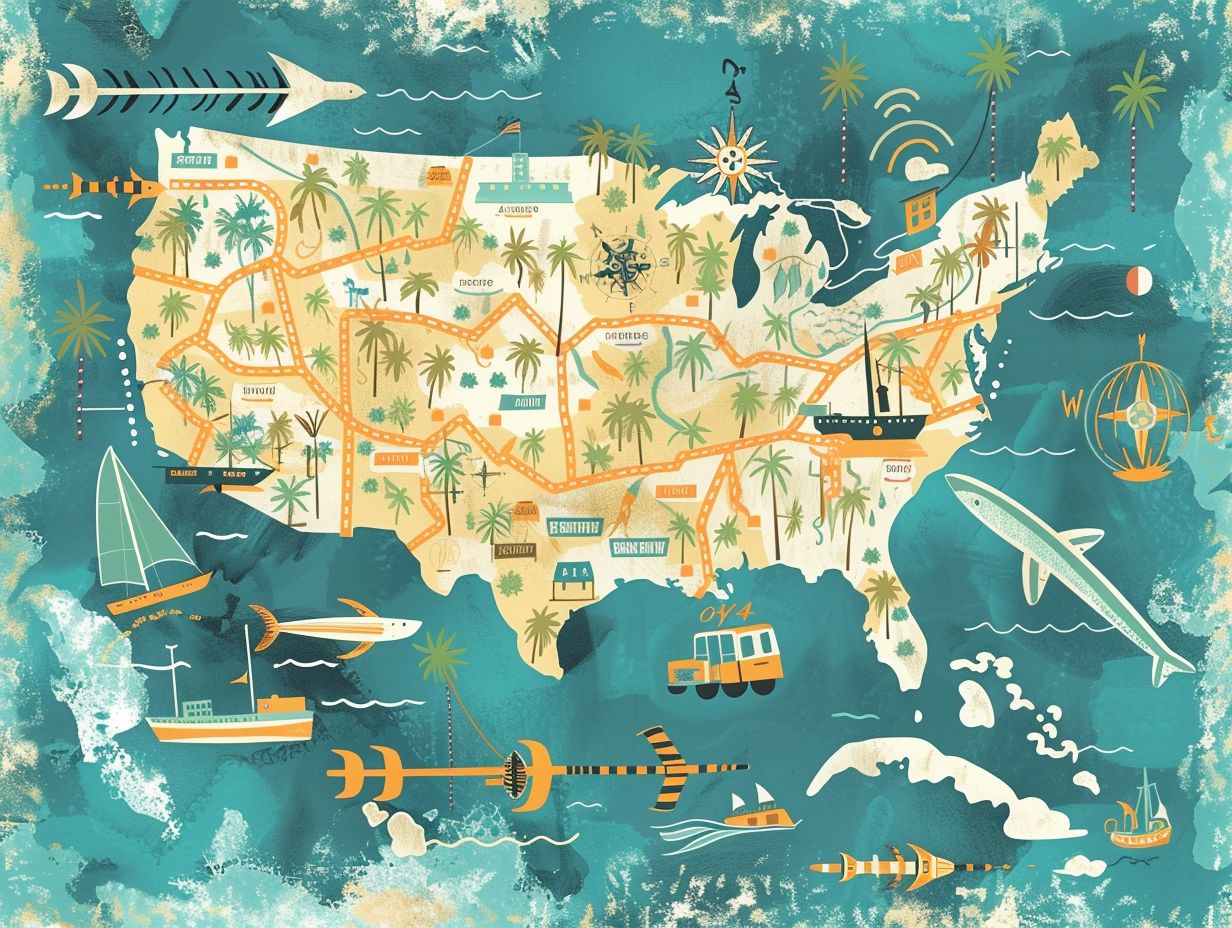




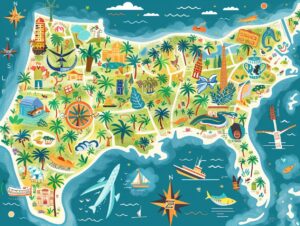
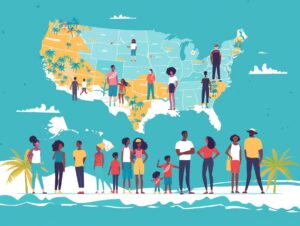
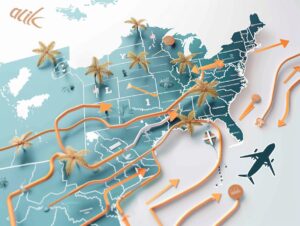






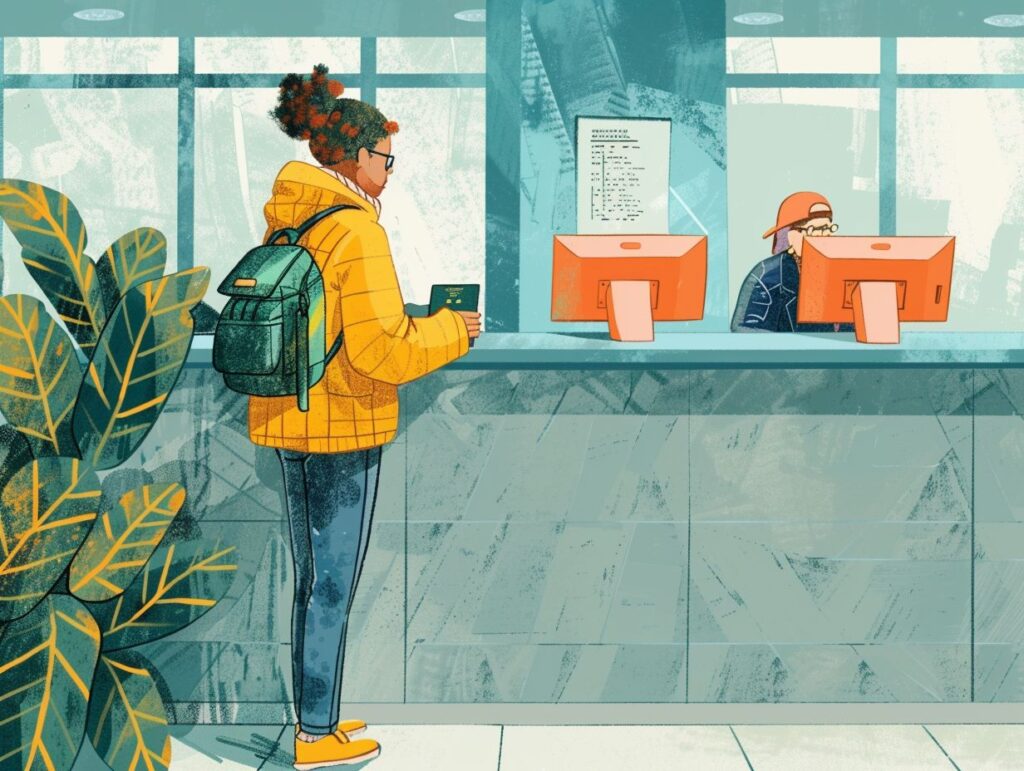
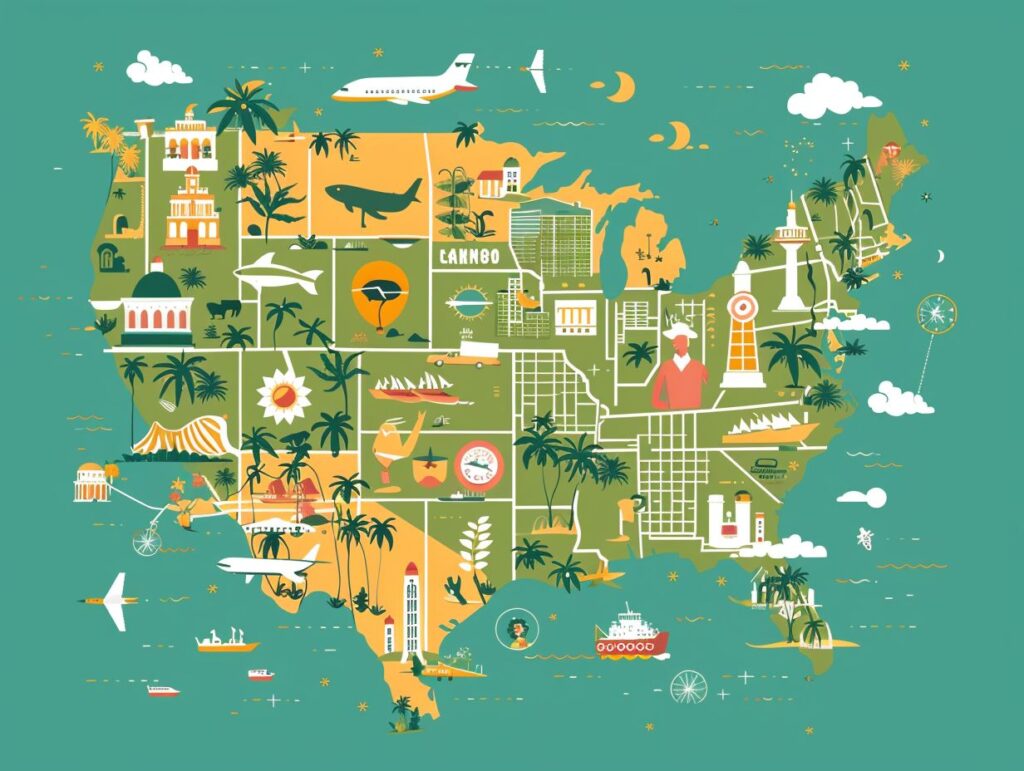
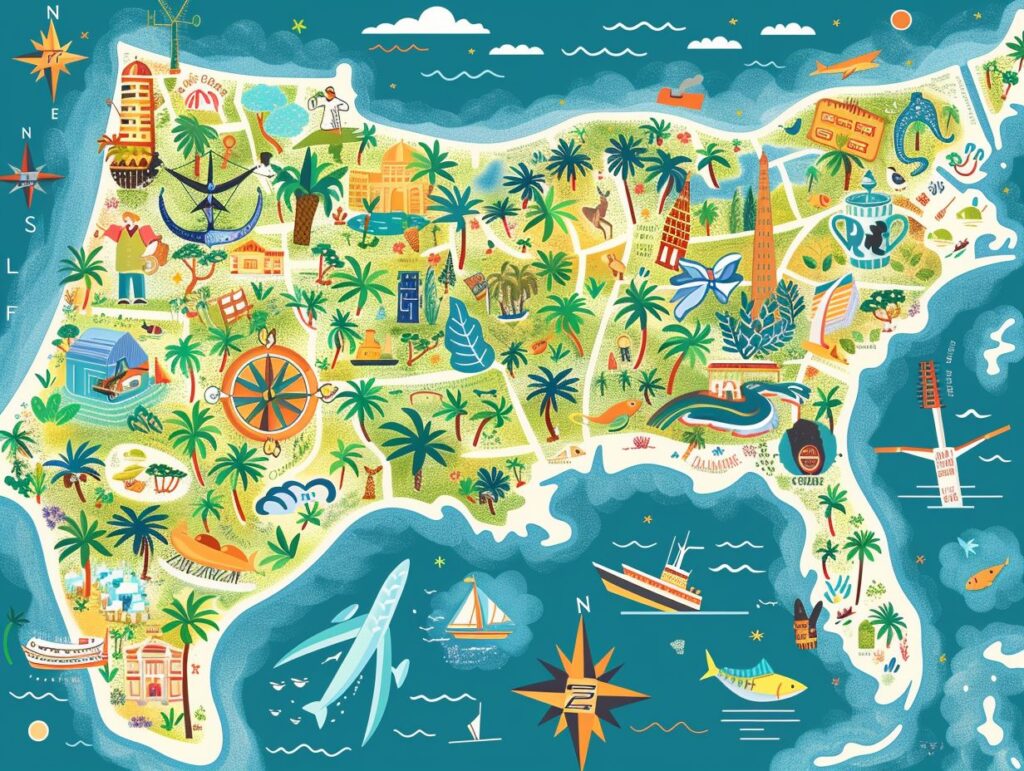
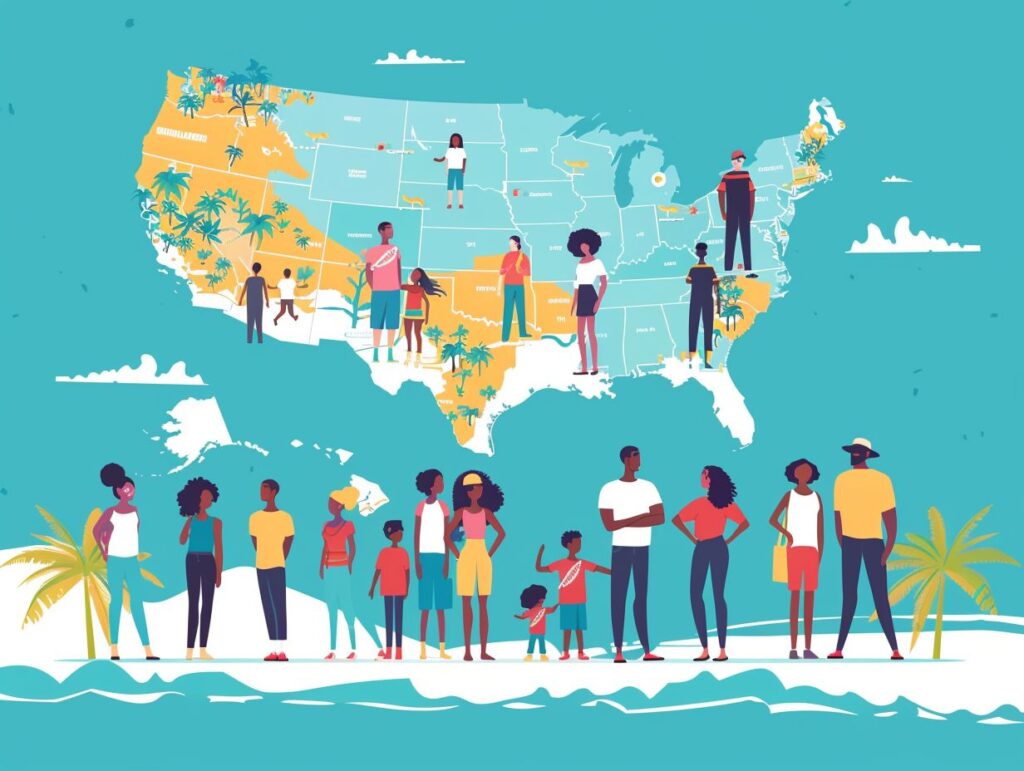




Rate this article:
No Comments yet!